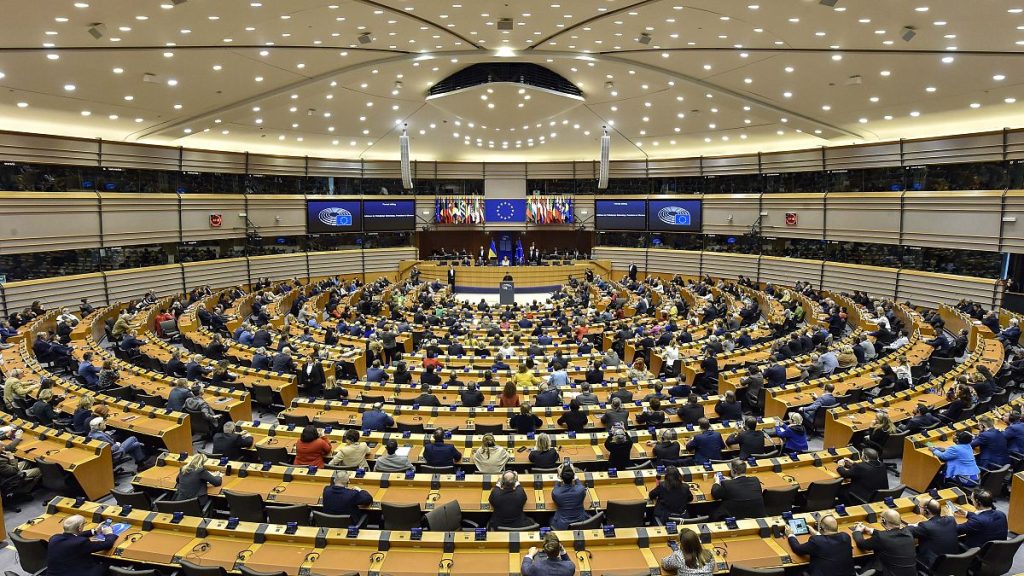The EU’s upcoming elections will see 720 lawmakers addressing significant issues such as a digital euro and capital markets reform. Financial matters will be a key focus over the next five years, as citizens are concerned about the rising cost of living and supporting economic growth. Some prominent MEPs who are likely to influence EU economic issues include Stéphanie Yon-Courtin from France, Jonás Fernández from Spain, Markus Ferber from Germany, and Kira-Marie Peter-Hansen from Denmark. These lawmakers have been active in shaping capital markets policies, banking regulations, and anti-money laundering reforms.
Stéphanie Yon-Courtin, a French lawmaker, has been named the most active legislator in shaping capital markets and financial policy. Jonás Fernández, a member of the Socialists and Democrats group from Spain, has been active in the Committee on Economic and Monetary Affairs, leading reforms to EU bank capital rules. Markus Ferber from Germany, a member of the European People’s Party, has played a role in negotiating the EU’s fiscal rules and spearheading work on the EU’s landmark Mifid law. Kira-Marie Peter-Hansen from Denmark, a member of the Greens, has worked on key anti-money laundering reforms and led negotiations on the pay transparency directive.
Other influential MEPs include Johan Van Overtveldt from Belgium, who has called for a reform of EU spending on poorer regions and is a critic of cryptocurrencies. Aurore Lalucq from France has advocated for a tax on the super-rich to finance environmental and social transitions. Eva Maria Poptcheva from Spain has led work on creating a new anti-money laundering agency and has raised concerns over golden visas. Fabio De Masi, a German-Italian economist, has strong credentials in the fight against corruption and could potentially return to the European Parliament in the upcoming elections.
Some notable economists who will not be returning to the European Parliament include Philippe Lamberts from Belgium, who co-chaired the Green group and has expressed concerns about new fiscal rules. Paul Tang from the Netherlands, who chaired the tax subcommittee, will also not be returning, despite his work on anti-money laundering legislation. The Portuguese MEPs Margarida and Pedro Marques, who negotiated new fiscal rules and were vocal on banking system issues, will also not be returning. Overall, the upcoming elections will see a mix of experienced lawmakers and new faces shaping EU economic policies over the next five years.


